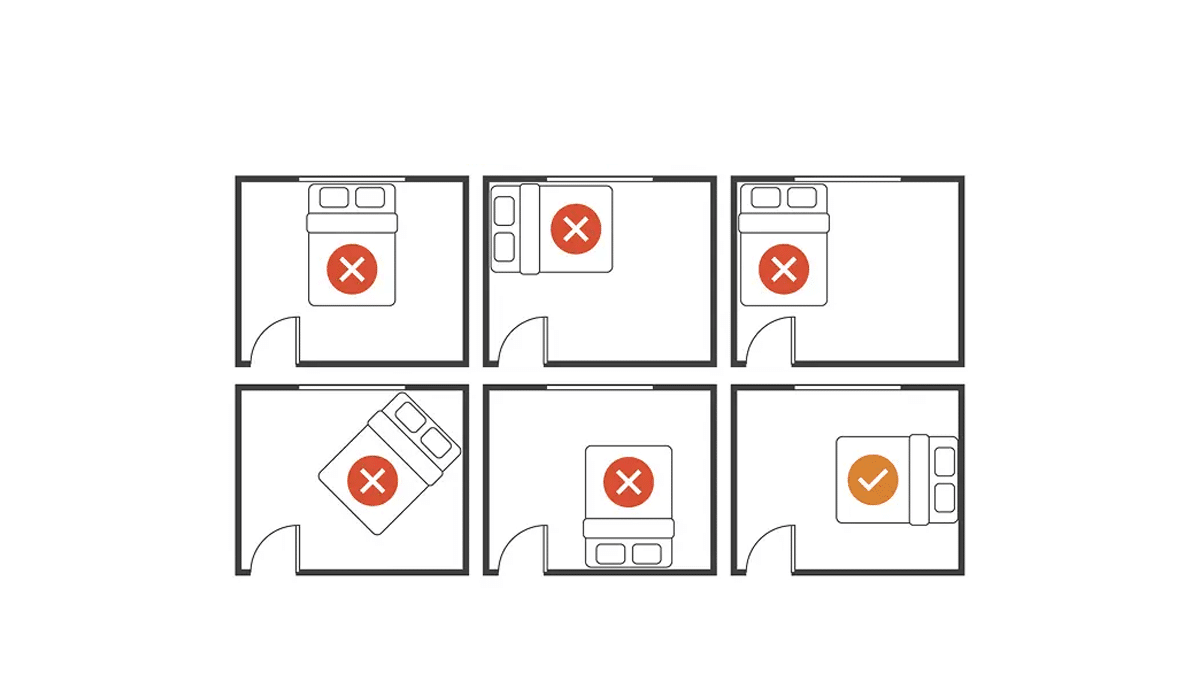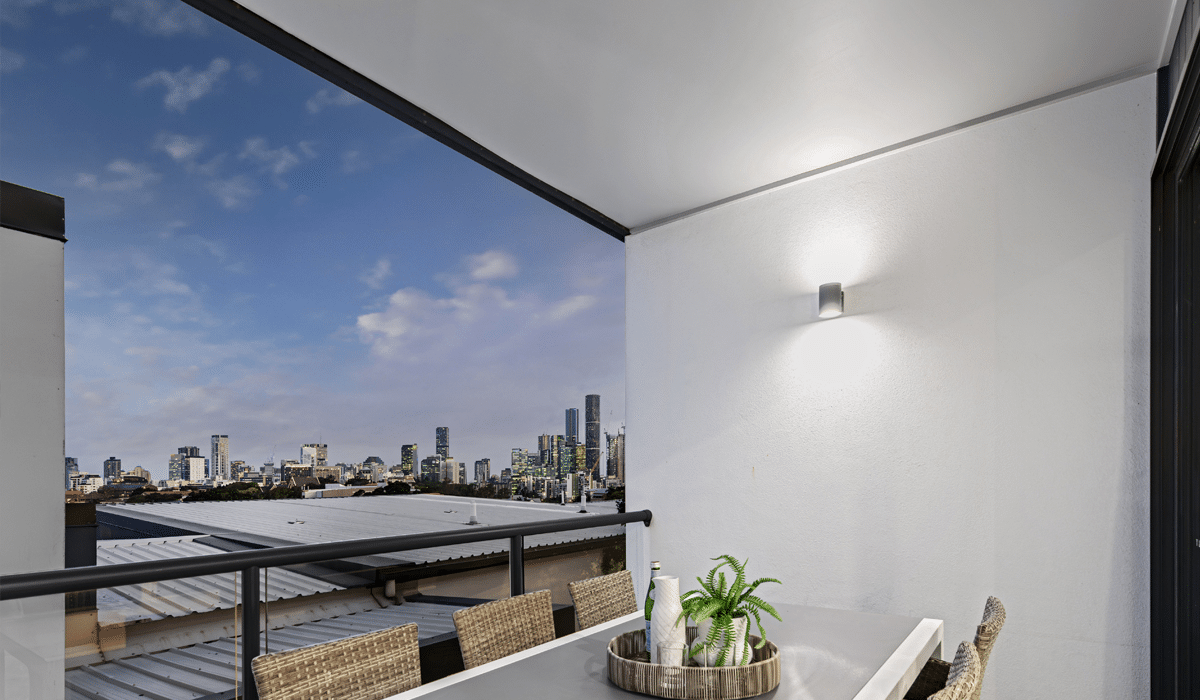Brisbane saw a drop of 0.1 per cent in urgent sales between February and mid-May 2020.
Across Australia distressed sales remained virtually unchanged according to the Domain data, based on an analysis of listings featuring the words: reduced price, mortgage in possession, urgent sale or motivated vendor.
Canberra also saw a drop in distressed sales while Darwin and Melbourne remained unchanged. Hobart saw the biggest increase of 0.3 per cent.
“The two policies that are stopping distressed sales increasing are JobKeeper and JobSeeker and the mortgage pause,” said Domain senior research analyst Dr Nicola Powell.
“As long as the economy bounces back, we shouldn’t see a high level of distressed sales.”
As we’ve reported before, economists are having a tough time predicting just how fast or slow the economy will recover. But the latest easing of restrictions is certainly welcome relief for many businesses and workers who are ready to get back on the job.
AMP Capital chief economist Dr Shane Oliver told Domain the next test would come when the mortgage pause period ended in late September or October.
“If the economy has recovered substantially by then, the rise in urgent sales might be minor,” he said.
See for yourself how our capital city markets are withstanding the COVID challenges.
Percentage of urgent sales as at mid-May 2020, and percentage change since February 2020:
- Brisbane: 2.9%, down 0.1%
- Canberra: 0.6%, down 0.1%
- Darwin: 2.8%, unchanged
- Melbourne: 0.5%, unchanged
- Perth: 2.4%, up 0.1%
- Adelaide: 1.10%, up 0.2%
- Sydney: 1.6%, up 0.2%
- Hobart: 1.0%, up 0.3%
Making plans for your own economic recovery? Contact us for a chat or view our current listings for sale and for rent.




